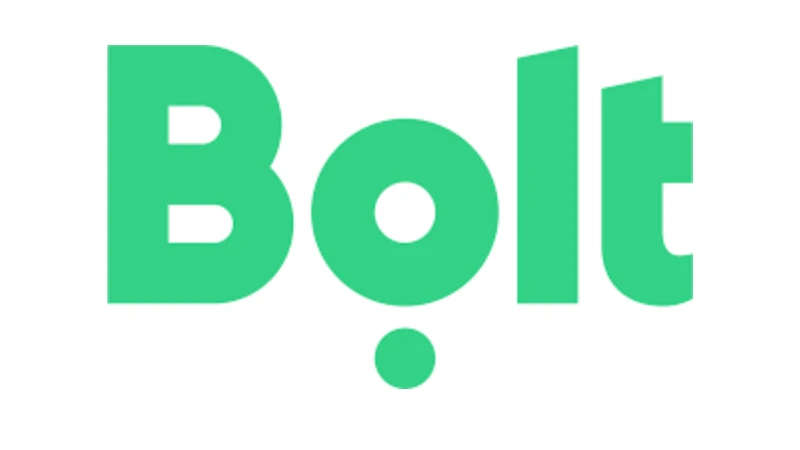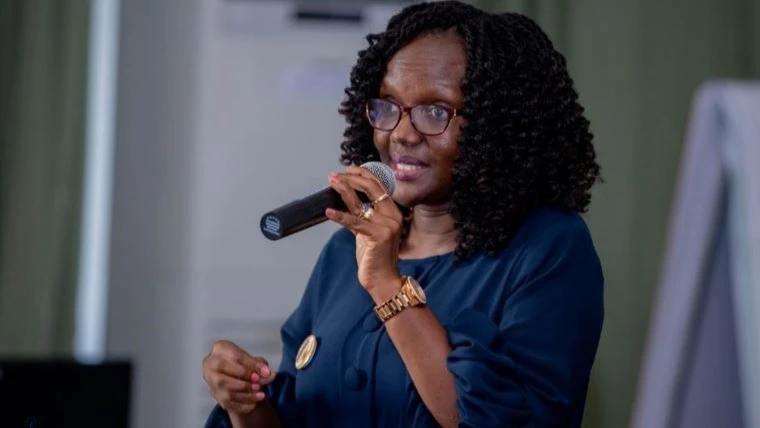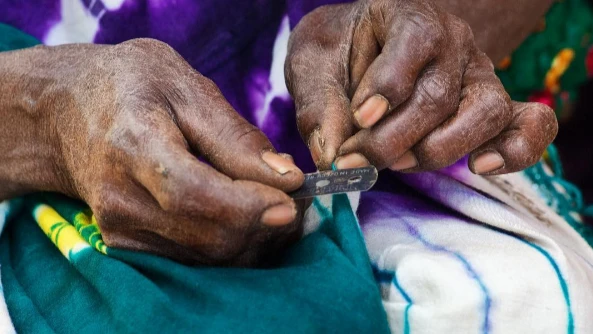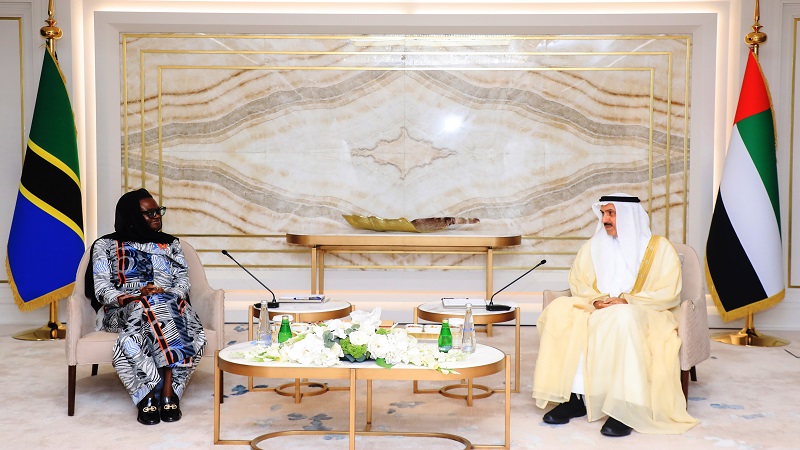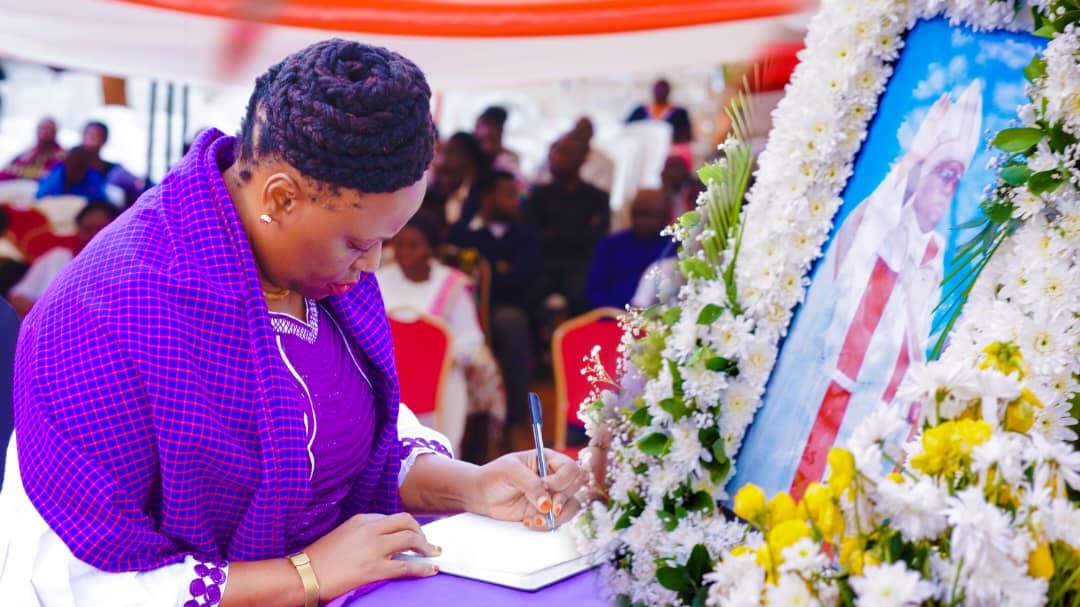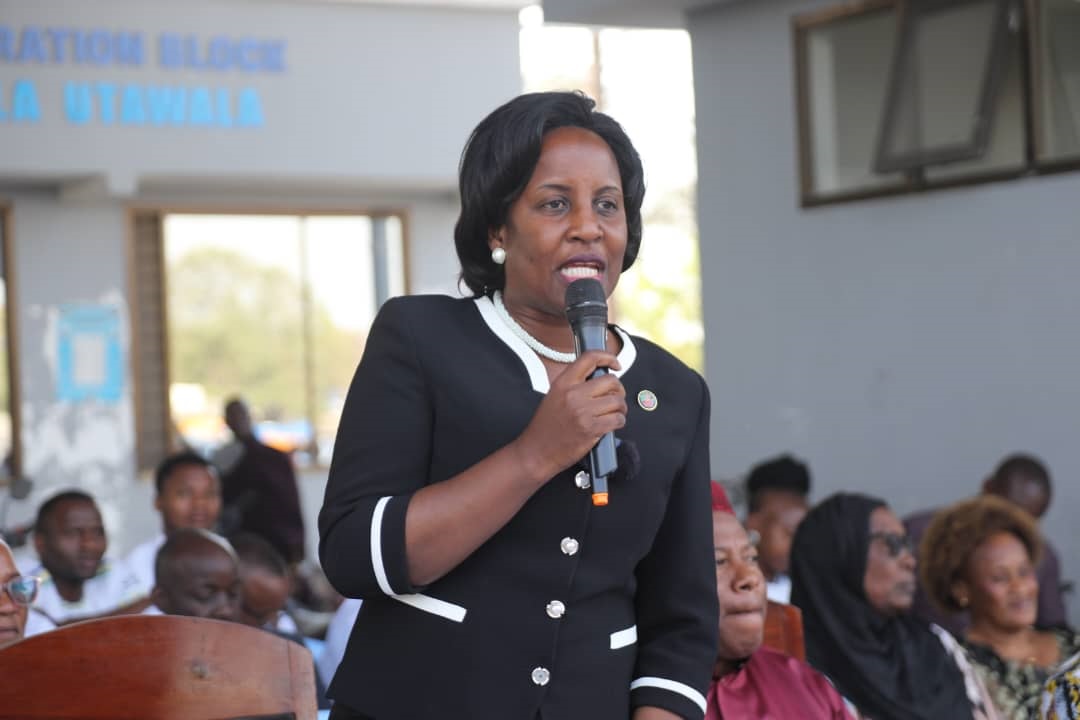Investing in school girls' ICT education for inclusive, innovative and equitable future
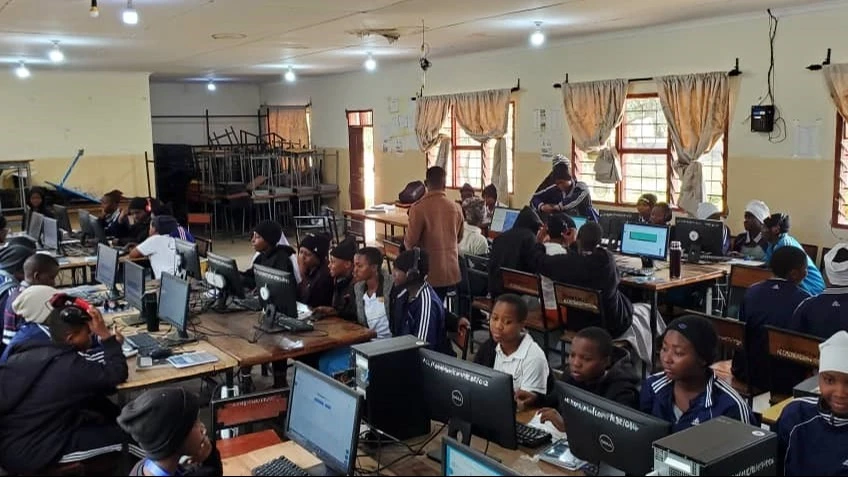
Encouraging school girls to engage in Information and Communication Technology (ICT) is of great importance as it helps to build a skilled workforce capable of driving innovation and fostering the country’s economic growth.
By making quality digital education and resources accessible to girls, we are helping to close the gender gap in technology. When girls develop their digital skills, they become agents of change, contributing to a more sustainable future.
Engaging girls in ICT also helps in bridging the gender gap, promote equality, and empowering more women to pursue successful careers in technology. The sector offers a wide range of career opportunities that are in high demand globally. Skills in coding, data analysis, cyber security, and digital design can open doors to well-paying jobs and professional growth.
ICT provides girls with tools to create solutions for community challenges, influence society through technology, and express their ideas. It can boost their confidence and enable them to participate fully in the digital economy. When girls join ICT, they contribute diverse ideas that can lead to more inclusive and user-friendly technologies.
The Arusha based E3empower Africa has taken significant steps in this effort by training 500 female students at Arusha Girls High School (AGHS). The training, part of the three-year ‘ICT Education for Female Youth Capacity Development Project’ funded by the Korea International Cooperation Agency (KOICA), is designed to equip students with valuable ICT skills that will benefit them in both academic and professional settings.
Speaking at the University of Dar es Salaam Academic Staff Assembly (UDASA), Ji-Young Rhee, CEO of E3empower Africa, emphasized that the project aims to bridge the digital gender gap, empower young women with critical technological skills, and create an inclusive learning environment.
In addition to ICT training, students also received lessons in computer lab maintenance, software and hardware updates, network setup, STEM subjects, leadership skills, entrepreneurship and counselling.
Teachers at AGHS also benefited from the project whereas they receiving training that allowed them to enhance their lesson content using the ICT lab’s resources. They participated in both the installation of the lab and the teaching process to ensure the sustainability of the project.
The impact of the ICT training has been substantial, leading to significant improvements in the academic performance of the students. Since the project's launch in 2021, the number of students achieving top scores (Division 1) increased from 9 in 2019 to 37 in 2022, and further to 63 in 2024.
Most of the graduates have pursued higher education, with solid aspirations for their future careers. The school's leadership is committed to maintaining ICT training as a foundational subject, and the number of Form Five students enrolled in 2024 has more than doubled compared to the previous year.
Looking ahead, the school aims to introduce a Computer Science program and dedicate a full-time ICT teacher to ensure continued success. The focus will be on promoting Science, Technology, Engineering, and Mathematics (STEM) education and tracking the long-term impact of the project on academic performance and career development.
Learning STEM subjects empowers girls by giving them the skills to innovate, create, and contribute to solving real-world problems. This knowledge fosters confidence and independence, encouraging girls to break barriers and pursue leadership roles.
Through STEM, girls can contribute to technological advances, environmental solutions, medical breakthroughs, and more. Their diverse perspectives are critical in creating inclusive, innovative solutions.
Students like Jillmagreth Bahendwa and Krishna Merere, who benefited from the project, expressed their excitement about using ICT skills to further their passions and careers. The project has also provided gender training to empower students with knowledge about their rights and how to navigate legal and cultural challenges.
Despite some challenges, the project has laid a strong foundation for continued progress in bridging the digital divide and serves as a model for similar initiatives in the future. On-going support from the school administration and teachers will be crucial to sustaining the project's success.
Top Headlines
© 2024 IPPMEDIA.COM. ALL RIGHTS RESERVED












